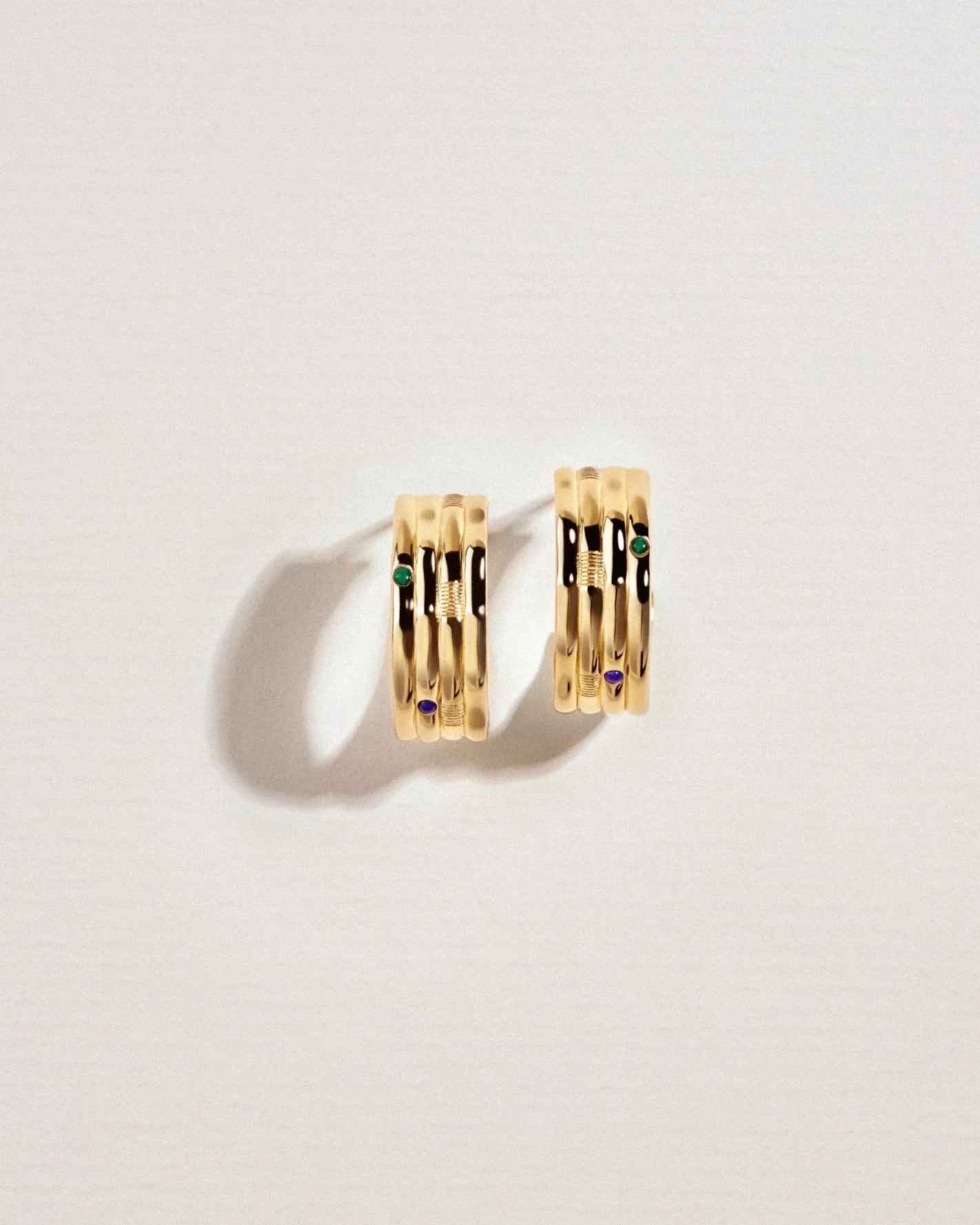We don’t stay one person. We open, we lean toward the light, we harden a little, we soften again. The self has seasons—some loud as summer, some quiet as snowfall—and poets have been mapping that weather for centuries. Identity, change, renewal: they’re as old as verse and as current as your last journal entry.
In this anthology, Seasons of Self in Stanzas, we’ve gathered five beloved poems that trace the ways we grow, molt, return, and begin—again. Like stanzas in a larger poem, each selection stands on its own and also flows into the next: possibility, awe, abundance, restlessness, and the ripe calm of maturity. Read them in order or in the mood you’re in; either way, may they feel a little like looking up and recognizing the sky you’re under.

1) “Song of Myself” (Section 1, opening) by Walt Whitman
I celebrate myself, and sing myself, And what I assume you shall assume, For every atom belonging to me as good belongs to you.
I loafe and invite my soul, I lean and loafe at my ease observing a spear of summer grass.
Why it’s unforgettable: Whitman kicks off with radical permission: claim your own life—body, breath, contradictions and all. It’s the sound of a self taking up space without apology.
The magic of the stanza: The plain words expand like lungs. “Summer grass” does the heavy lifting—season as metaphor for a self that’s green, present, alive.

2) “I dwell in Possibility” by Emily Dickinson
I dwell in Possibility— A fairer House than Prose— More numerous of Windows— Superior—for Doors—
Of Chambers as the Cedars— Impregnable of eye— And for an everlasting Roof The Gambrels of the Sky—
Of Visitors—the fairest— For Occupation—This— The spreading wide my narrow Hands To gather Paradise—
Why it’s unforgettable: Dickinson turns the inner life into architecture. Possibility isn’t vague; it’s a home with windows flung open to sky.
The magic of the stanza: Compact lines, enormous rooms. She makes “self” feel spacious—a place you’re invited to live in, not escape from.

3) “My heart leaps up” by William Wordsworth
My heart leaps up when I behold A rainbow in the sky: So was it when my life began; So is it now I am a man; So be it when I shall grow old, Or let me die! The Child is father of the Man; And I could wish my days to be Bound each to each by natural piety.
Why it’s unforgettable: Nine lines, one thesis: the joy you felt as a child can be the backbone of your adult self.
The magic of the stanza: That paradox—“The Child is father of the Man”—flips time. The season of spring doesn’t vanish; it mentors every other season.

4) “Ulysses” (excerpt) by Alfred, Lord Tennyson

5) “To Autumn” (Stanza I) by John Keats
Season of mists and mellow fruitfulness, Close bosom-friend of the maturing sun; Conspiring with him how to load and bless With fruit the vines that round the thatch-eves run; To bend with apples the moss’d cottage-trees, And fill all fruit with ripeness to the core; To swell the gourd, and plump the hazel shells With a sweet kernel; to set budding more, And still more, later flowers for the bees, Until they think warm days will never cease, For Summer has o’er-brimm’d their clammy cells.
Why it’s unforgettable: Keats writes abundance without bragging. It’s the self at ease with what it’s gathered—no urgency, just ripeness.
The magic of the stanza: Sensory detail does the philosophy. You can almost taste the season; the mind follows the mouth to gratitude.

Closing: Seasons, Kept
If Whitman is the summer breath, Dickinson the brave room, Wordsworth the first thrill, Tennyson the forward lean, and Keats the warm harvest—then together they sketch a life that changes and keeps its core. That’s the seasonality we believe in at Stanza: selves that evolve, gather story, and shine differently as the light moves.
Wear whatever stanza you’re in. And when it turns—as seasons do—carry the last one with you like a line you can’t help underlining.

Compass Pearl Studs | Couplet Pearl Necklace

ABOUT | ANTHOLOGY
























































































